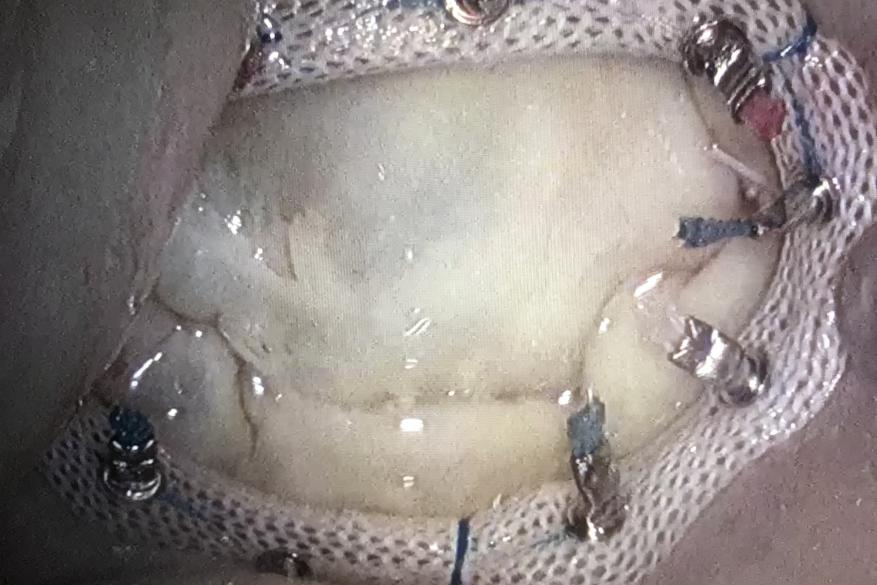
Traditional mitral valve surgery is performed through a long incision down the midline (sternotomy) which has served the speciality well over the past 50 years. Over the last 15 years, an increasing number of surgeons have moved to minimally invasive (key hole / endoscopic), non sternotomy incisions to approach the heart valves. Two teams, one in Aalst led by Hugo Vanerman and another in Leipzig by Fred Mohr, popularised and trained many young surgeons to do these procedures safely without a sternotomy. Mr Zacharias was fortunate to spend time as a fellow in Aalst where he was taught the principles of safe endoscopic mitral and tricuspid valve surgery in 2005.
After commencing his Consultant role in Blackpool, Mr Zacharias started offering this approach to patients and over the past 14 years completed in excess of 600 endoscopic heart valve cases with excellent short and long term results. Mr Zacharias and his team have published their learning curve and have recruited patients into a national randomised control trial to explore the potential benefits of this approach. Mr Zacharias performs both complex repairs and valve replacements through the minimally invasive approach with a near 100% repair rate of valves deemed repairable by a scoring system.
In addition to the asethetic benefits, research highlights that the minimally invasive endoscopic approach reduces the length of stay in hospital, blood loss, risk of infection and patients report quicker recovery times after they go home. Some patients may need the tricuspid valve dealing with at the same time and Mr Zacharias and his team have a large experience dealing with both valves using an endoscopic approach.
Not all patients are suitable for this approach but, with increasing experience, minimally invasive, endocscopic cardiac surgery is now more widely accessible to patients and has recently been recommended by NICE Guidance on heart valve disease management. Prior to considering an endoscopic procedure, all patients have a CT scan to assess the arteries of the heart and body. This helps to inform decision making about the most appropriate surgical approach based on an individual assessment and relevant tests.
Please contact us using the details below, if you have any queries regarding the information above.


